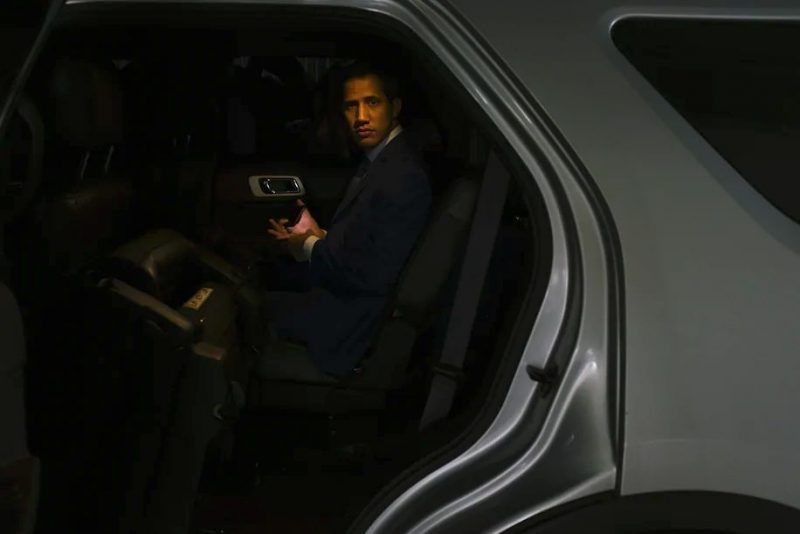
A year-and-a-half ago, after the crudely rigged reelection of Nicolás Maduro, the United States and much of the international community embarked on an audacious, high-risk gambit to try to restore democracy to Venezuela. Breaking with standard diplomatic practice, they recognized opposition leader Juan Guaidó as the legitimate interim president of Venezuela.
It was a move based on hope but divorced from reality: Gutsy though Guaidó proved, his claim to the presidency was not accepted by any of Venezuela’s state institutions. The police, the military, the courts, the bureaucracy all continued to recognize Maduro as the country’s rightful leader. Rather than describing a reality on the ground, recognizing Guaidó was a move designed to conjure a new reality through international pressure.
It seemed like a good idea at the time. It didn’t work.
Now the only question is about the manner in which the opposition can acknowledge and internalize that failure. This week, it became apparent it will be done in a singularly destructive way, reopening old wounds and fissures and paving the way to a possibly permanent split in the opposition movement.
This past Monday, Maduro agreed to a major amnesty, releasing from prison, or dropping charges against, 110 opposition politicians. As part of a deal quietly brokered by Turkish diplomats, he asked a substantial proportion of the opposition to break with Guaidó and participate in legislative elections the regime will hold in December.
That vote will be neither free nor fair. The regime has taken legal control of the leadership of all the main opposition parties, meaning Maduro himself will have the final word on who is allowed to run against him. The National Elections Board itself is crammed with regime supporters and has a sordid history of allowing blatant vote-rigging. So the playing field is aggressively tilted; the regime did, however, agree to allow international observers from the European Union to oversee the vote. That concession, along with amnesty for some political prisoners, was enough to bring some important opposition figures around.
The most important among them is Henrique Capriles, a two-time presidential candidate defeated by Maduro under questionable circumstances and still one of Venezuela’s highest-profile opposition leaders. In a blistering speech on Thursday, Capriles slammed Guaidó for “role-playing at being president on the Internet.” It seems certain that a substantial portion of what remains of the opposition movement will follow Capriles and take part in elections under the government’s control.
What are we to make of all this?
On the one hand, Capriles is right that the Venezuelan opposition was badly in need of a reality check. The Guaidó challenge had stalled, and there was little point in pretending otherwise. A climbdown by the international community will of course be humiliating, but the risk of such humiliation was always baked into the Guaidó challenge. It was that possibility, precisely, that made it so risky.
On the other hand, the manner of the Guaidó-Capriles split is calamitous: an acrimonious bust-up that could leave the Maduro regime comfortably in control of the country’s institutions for a generation to come. The section of anti-Chavismo under Capriles seems willing to accept its role as loyal opposition, in control of a permanent minority in congress, as the cost for staying out of jail. Meanwhile, the maximalist group associated with Guaidó and his mentor Leopoldo López will likely see state repression become even harsher, and looks headed to obscurity and irrelevance.
Under these circumstances, ongoing sanctions make little strategic sense, yet bureaucratic inertia in Washington suggests they may stay in place for years nonetheless. One of the many ways the Guaidó challenge has backfired is in aligning the State Department closely not with Venezuela’s opposition as a whole but with just one of a number of warring factions within it, and one whose relevance is under increasing strain.
The United States should never take sides in these kinds of disputes between foreign politicians. But to the extent it does, it should take special care not to end up on the losing side. It’s a bar this State Department may not be able to clear in Venezuela.
Francisco Toro is a Venezuelan political commentator and contributing columnist for Global Opinions. He is chief content officer of the Group of 50.
